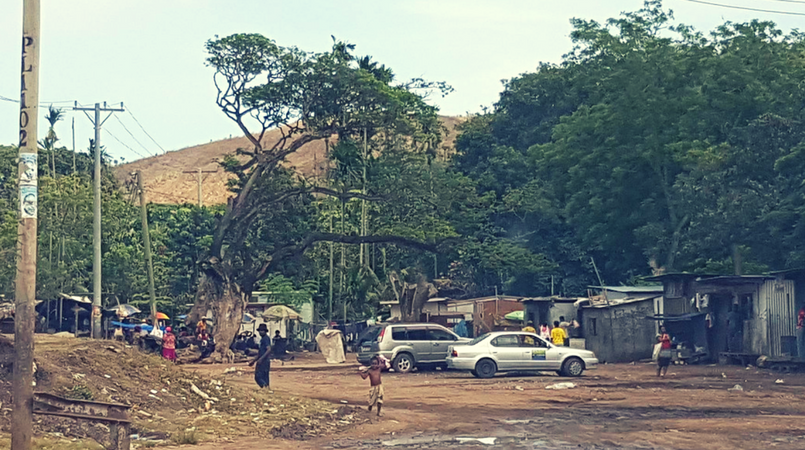
Urbanisation in PNG, especially the movement of people from rural to urban centres, has increased to more than 3 million.
This was stated by Executive Director for Urbanisation, Max Kep.
“It is an irreversible tide; a one-way traffic into the cities,” he said.
He pointed out the urban issues and challenges, which include mass migration to town, poverty, drugs, prostitution, land shortages, housing shortage, squatting, marginalising of locals, environmental pollution, lack of resources and capacities to manage issues.
“More towns and cities are becoming informal in housing, marketing and other economic activities.”
Kep said the best description for urbanisation in PNG is chaos, mayhem and anarchy.
“We need peace, order and harmony to replace chaos, mayhem and anarchy,” Kep stated.
“In order to achieve that we have the National Urbanisation Policy 2010-2030.”
The Office of Urbanisation has put up a strategic urban development plan in place to roll out its policies in the cities and main urban centres in PNG.
The policy aims to maximise the benefits of sustainable urbanisation within and between communities in Papua New Guinea.
This includes the development of primary and trunk infrastructure, building capacities to better manage urbanisation, urban development and policies, and services development including upgrading of unplanned settlement in PNG towns and cities.
Kep adds that the cross cutting seven sector in the policy planning include, population and employment, transportation and infrastructure, housing and social issues, urban land availability, urban environment and climate change, urban security and law and order and institution and governance.
“Under the leadership of the new Minister for Urbanisation John Kaupa, the department is looking forward to enhancing proper planning in both existing and new towns and cities in PNG.”
(Growing settlement at Four-Mile, Port Moresby)
